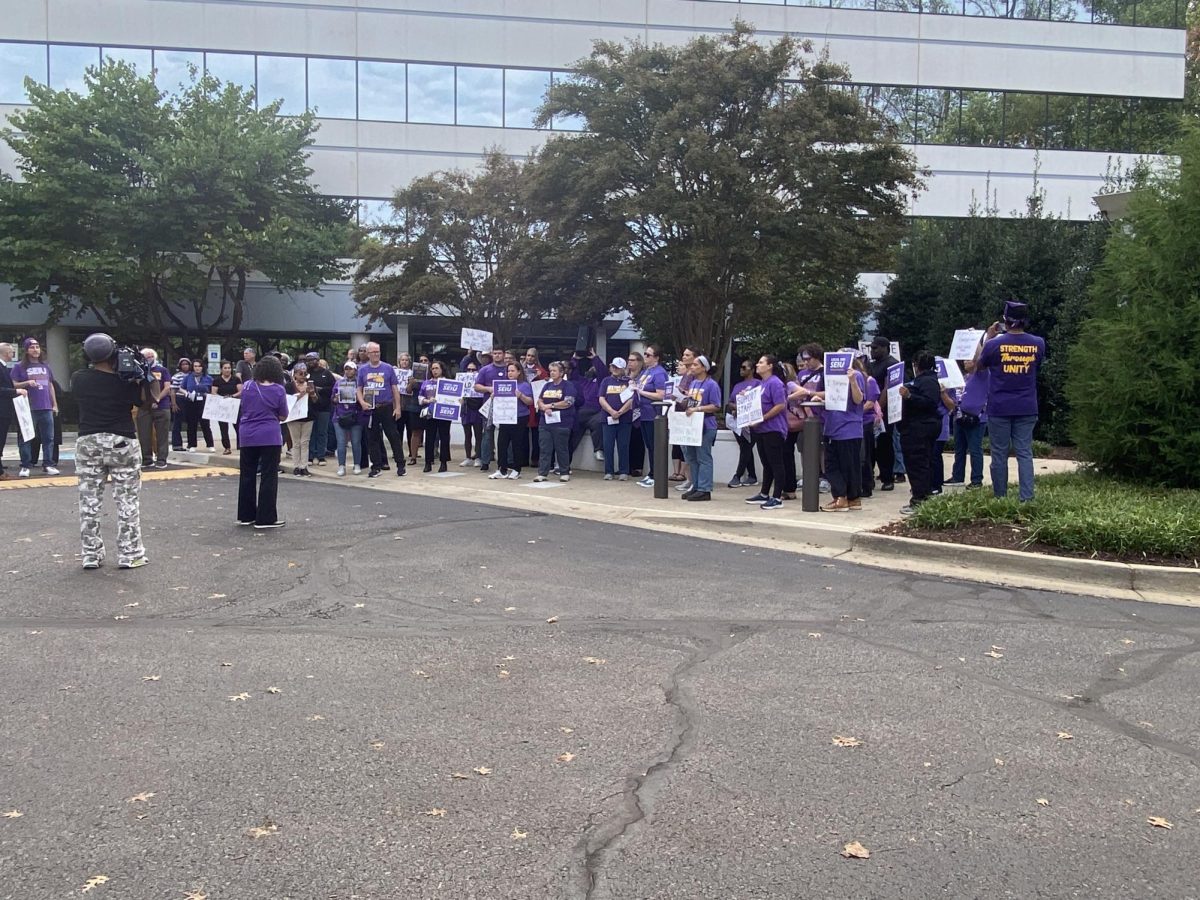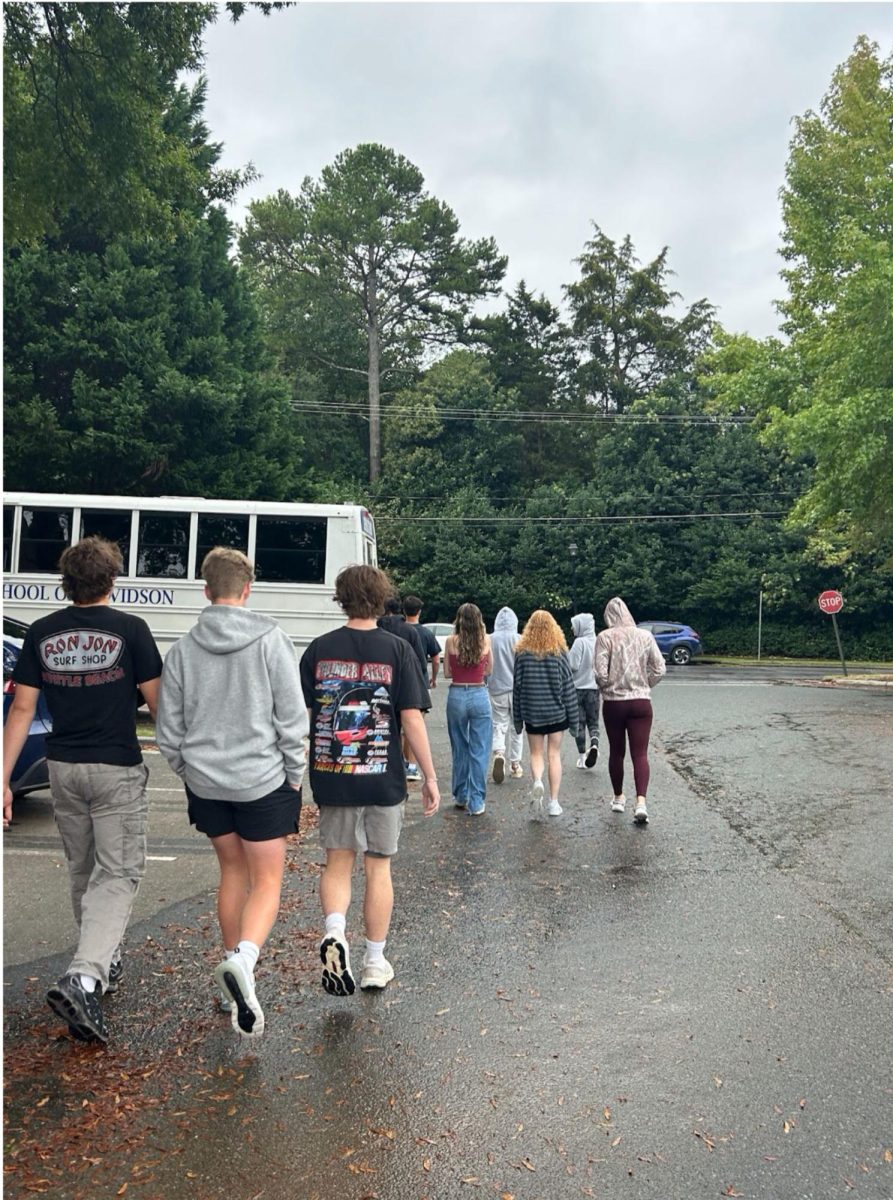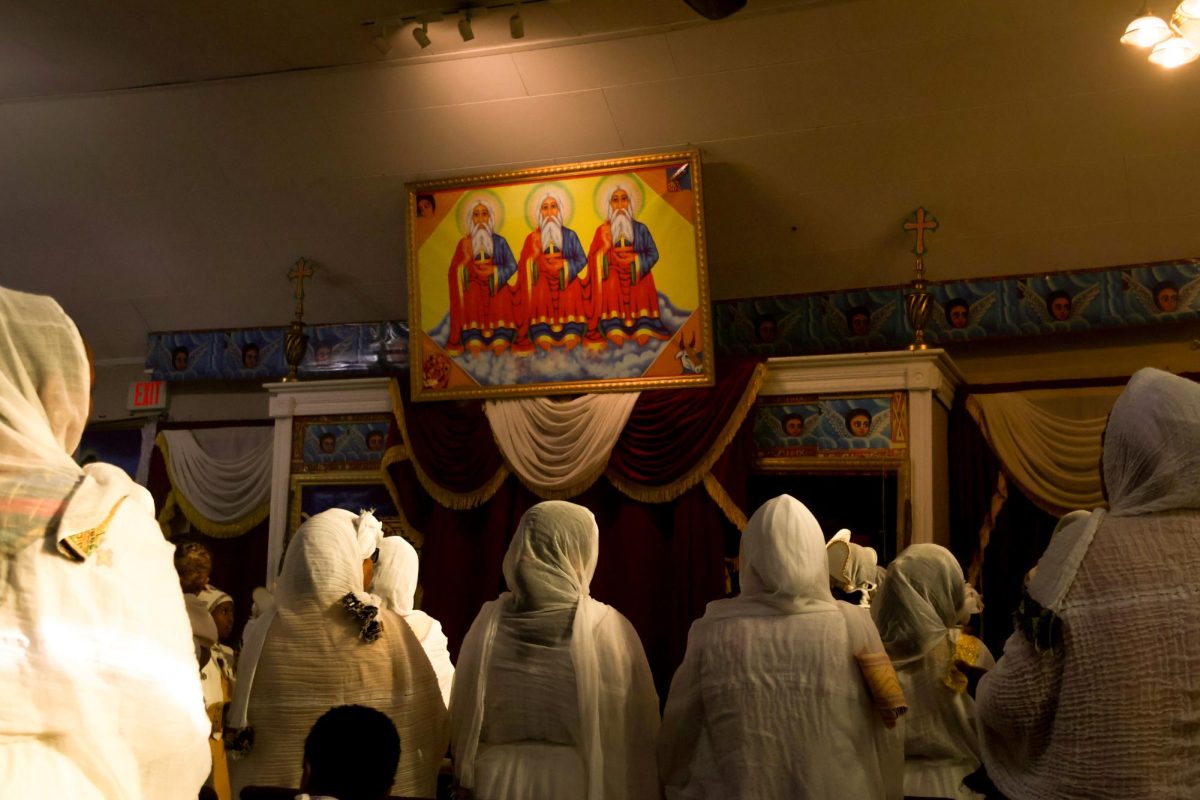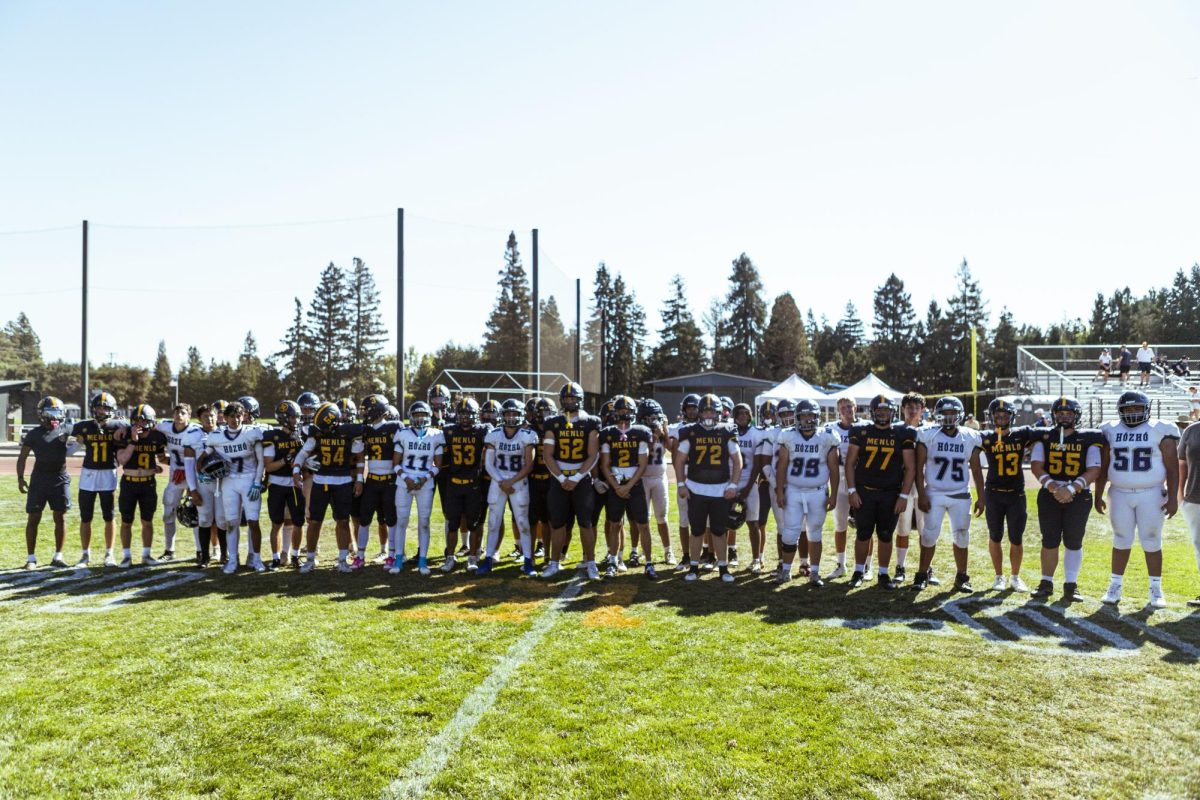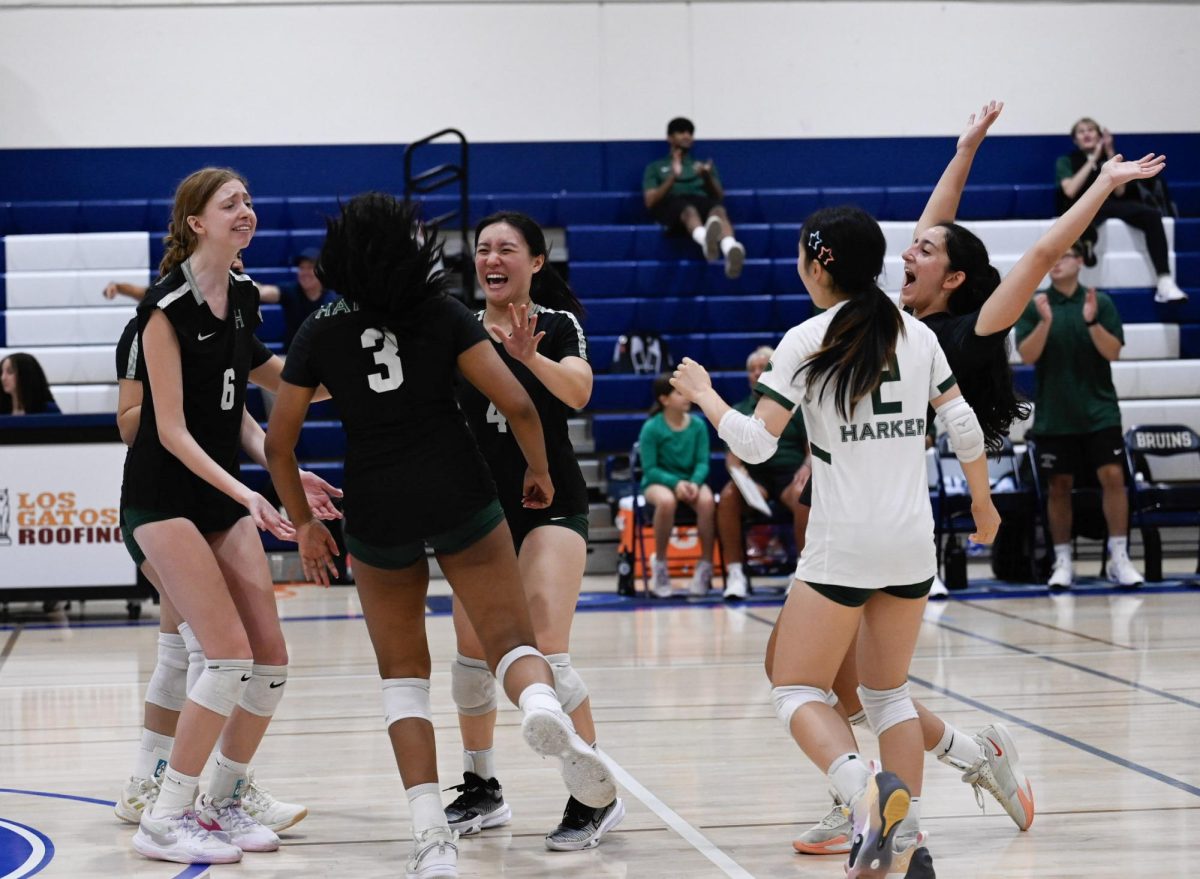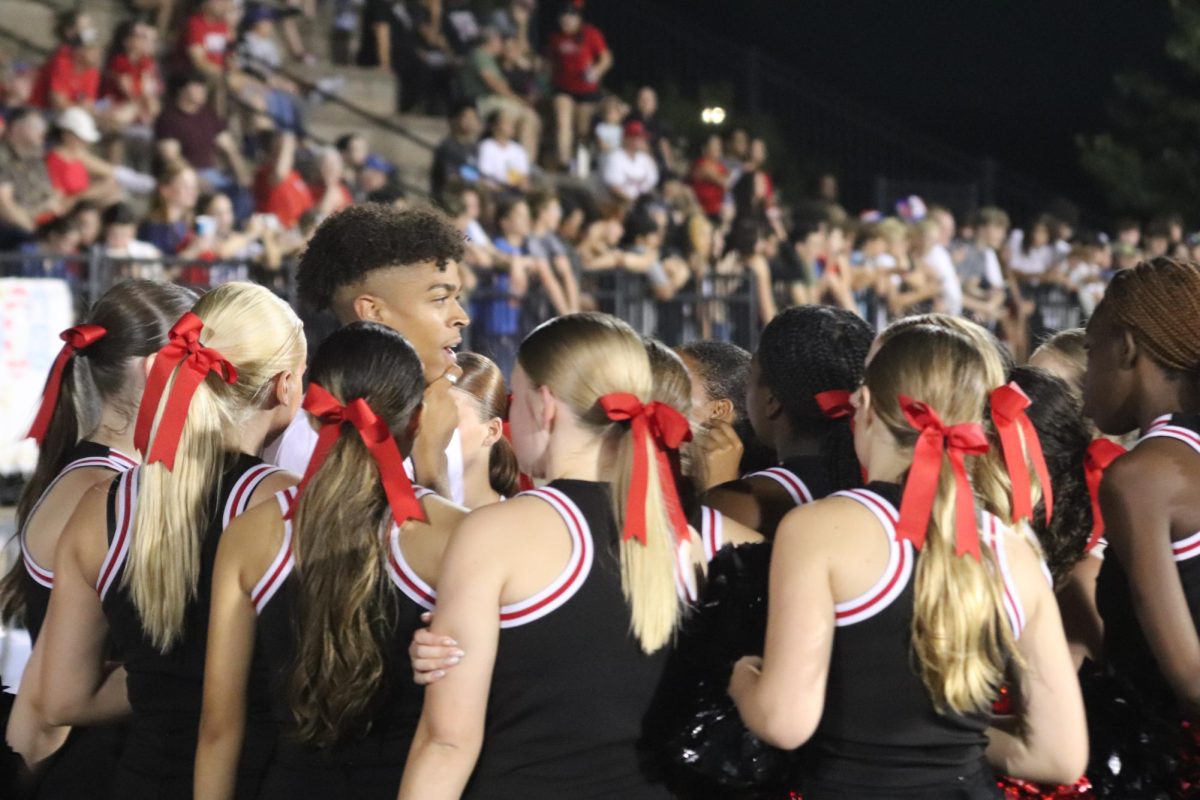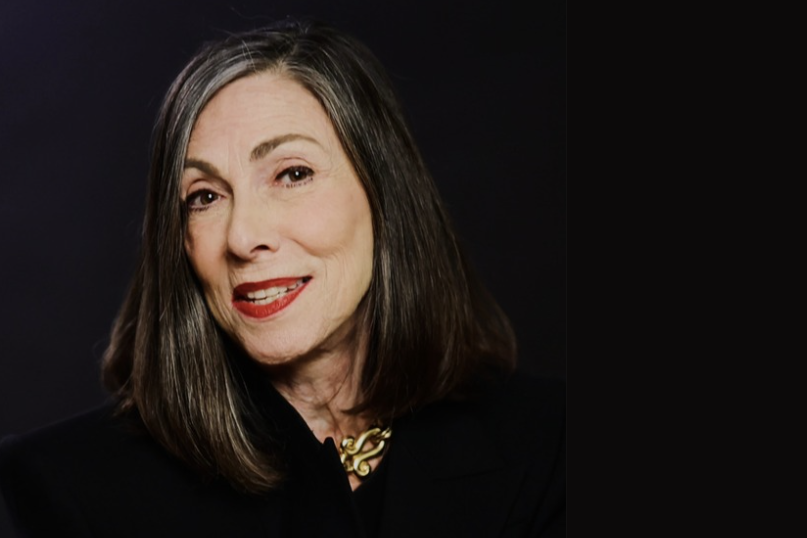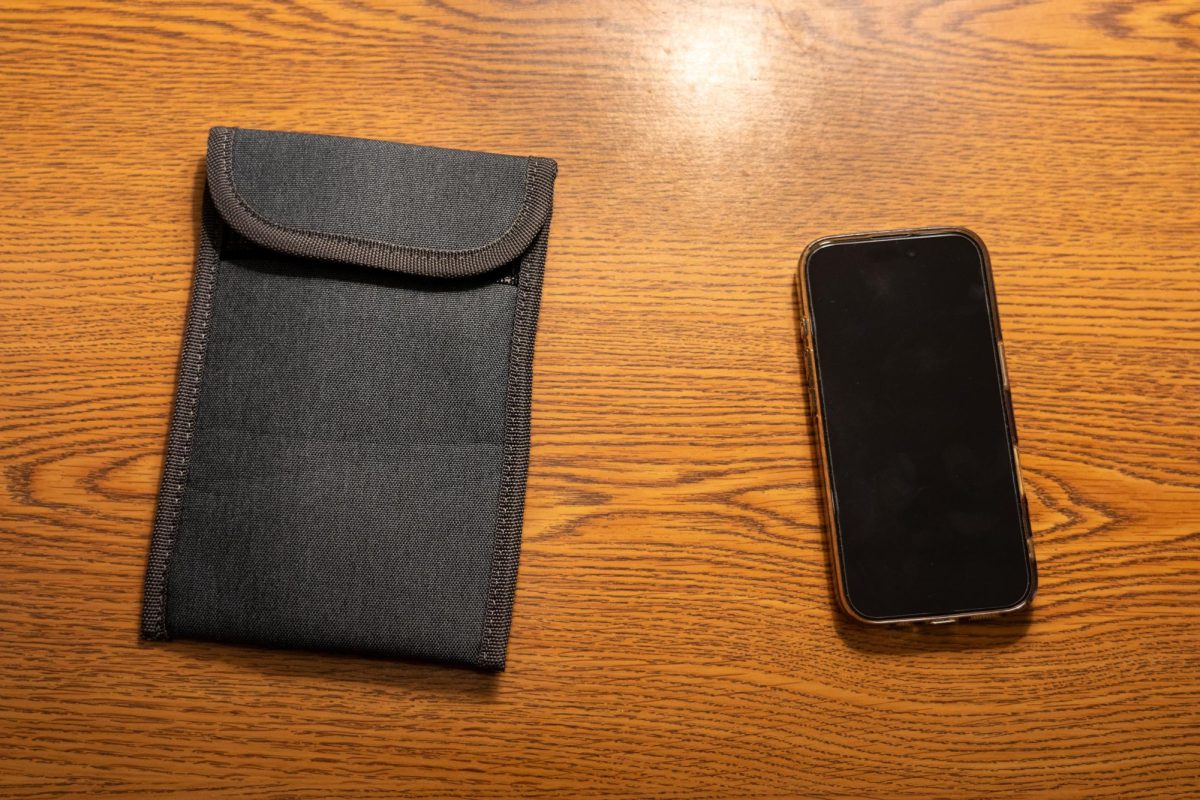Contract negotation
In a 4-3 decision, the Rockwood Board of Education decided against renewing contracts for independent contractors Sisters Helping Each Other Reach a Higher Height (SHERAH), SistaKeeper Empowerment Center and Tony Thompson, Inc. The consultants had worked with the district for several years, specifically serving Black students in the VICC program at the middle and high schools with support groups and activities.
illustrations by Samantha Haney
From senior Jayla Jones to Board of Education Director Izzy Imig to Director of Student Services Terry Harris, several Rockwood community members have voiced their opinion on the contracts being canceled.
December 14, 2022
Senior Jayla Jones first heard about it in language arts teacher Sophia Beasley’s Black Literature class.
“We were all working and Mrs. Beasley walked up to me and was like, ‘Have you heard about Girls Group?’” she said.
That day in October was when she learned the group she has been part of for three years would no longer exist because of the BOE vote.
The Girls Group, (L.O.V.E. Project), as well as the two other programs eliminated were for Black students from the city of St. Louis who attend Rockwood schools.
“I was shocked. What are we going to do? How are we going to stay connected? How are we going to build and grow from each other? It was heartbreaking,” Jones said.
Directors Jessica Clark, Izzy Imig, Randy Miller, and Tamara Rhomberg voted against the contracts. Imig said her decision was due to a lack of hard data on the need for and effectiveness of the programs.

Imig said she had several questions about the programs which she did not get answered until two days before the board meeting.
Imig said she did get data from external studies, but she wanted specific information on Rockwood’s programs.
“I don’t have all of my questions answered and felt it was absolutely OK voting no on the contracts. We don’t have the data,” she said. “If there is data to show me that those programs are working and helping our students and our students are doing a lot better today and they are doing better academically, I would absolutely vote for them.”
While Imig joined the board in April 2022, Rhomberg has been a board member since 2017 and has approved these programs four times before.
“In reviewing these programs, I realized how long they had been utilized in the district and felt it was time to ask some questions about their effectiveness,” she said.
While she said she had “soft data”, Rhomberg said she wanted to see other data.
“I specifically asked for data that evidenced that they were having a positive impact for their intended audience,” Rhomberg said. “I got responses, but not direct answers. Was there a decrease in suspensions for students involved? Was there an increase in student attendance or grade performance?”
Director of Student Services Terry Harris submitted the contracts and was shocked they were terminated.
“I think in my 18 years of being in this district, this probably is the most hurtful, deeply painful thing to ever happen to me here,” he said.
He said there is substantial data to support why Black students need these programs.
“Black kids in Rockwood make up 8% of the total district population, and yet they make up 39% of suspensions. What are we doing about that? That data tells us that Black students are overly suspended. We have that data,” he said. “Black kids are overly identified for IEPs, are underrepresented in AP and honor classes. What programs do we have to combat that?”
Harris said in the past when the contracts were before the board for approval, there were no requests for the hard data board members wanted to evaluate this year.
He said, “You don’t say, ‘oh I don’t see the data,’ and just take the program away. We had the data that we had.”
The program results and the anecdotal data that had been submitted every year prior had never been an issue.
“The program was about having VICC students come together to talk about how to be successful in a place that is completely opposite of where you come from,” Harris said.
Harris has a unique perspective. He participated in the VICC program from 6th Grade through 2000 when he graduated from Lafayette.
He believes these kinds of programs would have been beneficial to him as a student.
“To be able to be a 14-year-old person encountering or interacting with people who looked like me would’ve been wonderful,” he said.
Community responds to decision
At the following BOE meeting, Oct. 20, several patrons voiced frustration that the programs were ending.
However, many also thanked the board for the decision as they were concerned about the funds going to these contractors.
A community blog site, Rockwood: What’s Going On, included a post about the contracts citing concerns with Harris’s connection to the SHERAH program. He is quoted on the SHERAH website saying, “I have been involved with the program since its inception.”
But Harris said much of the information circulating is based on inaccuracies and the concerns are not as much with programs, but a personal issue with him.
“You can be mad at me, but don’t hurt these babies. They didn’t do anything. They did nothing to have this program yanked from under them,” Harris said.
The blog also negatively commented on Shante Duncan’s business practices.
Duncan runs SHERAH and the L.O.V.E. Project in Rockwood. She found the comments hurtful.
“Anybody that has worked with me knows that for me, it was never about the money,” Duncan said.
Jones said she has had a close relationship with Duncan since she started attending Girls Group her freshman year.
“Ms. Shante is one of us. She’s been through what we’ve been through, and she’s a part of our culture. Seeing someone that looks like you do it, you get the sense that you can do it too,” Jones said.
Jones was ready to get started again with Girls Group before the board voted no on SHERAH’s contract extension.
“I really liked it because it was a space where I felt included. Not all of us have the same issues, but we all relate to the same stuff and there was never judgment,” she said.
Jones said the meetings not only strengthened her sense of sisterhood with her friends, but also her perception of certain situations changed because of Duncan’s exercises.
“Maybe I’m not feeling school one day, I would think about what Ms. Shante would say. You might not be feeling it this day, but you still have to put your all and give people the respect you want to get back,” Jones said.
But, Imig said some people have misinterpreted the board’s decision, and believe it was racially motivated. She said that is not true at all, especially since two of the no votes came from people of color.
“I come from a third world country. I am an Arab woman. This has nothing to do with race,” Imig said. “I know the community is divided, which is sad because we need to come together for our students.”
She also said the situation has become too political, something Harris agrees with.
“This wasn’t about us. This wasn’t about programming for all students. It was politics. It was what the community was saying,” he said.
Following the decision, Harris said he never thought he’d be put in the position to fight for vulnerable kids.
“It’s not about the programs. It’s about taking something away from kids that truly need it, and that’s not who we are. That’s not what we do in public education,” Harris said.
This story was originally published on The Lancer Feed on December 13, 2022.

